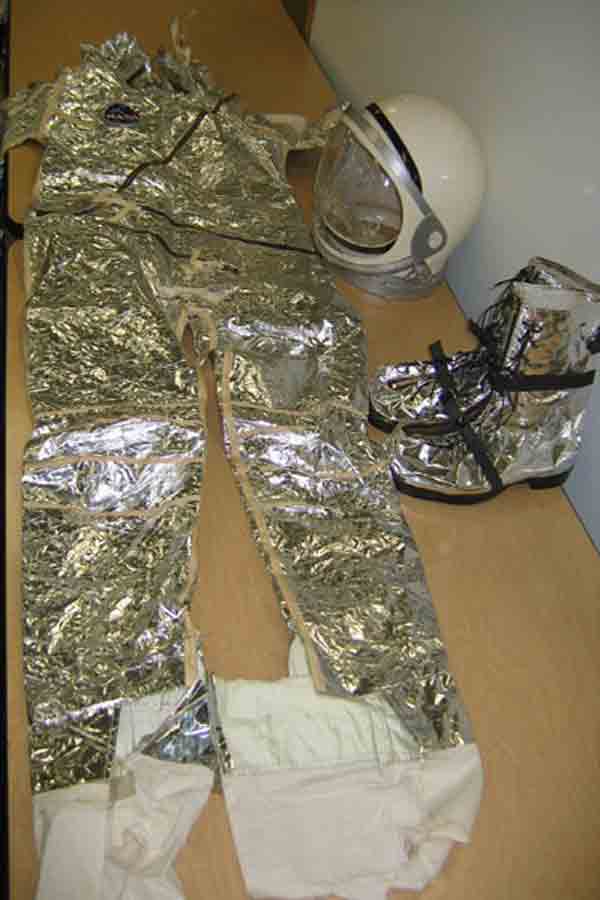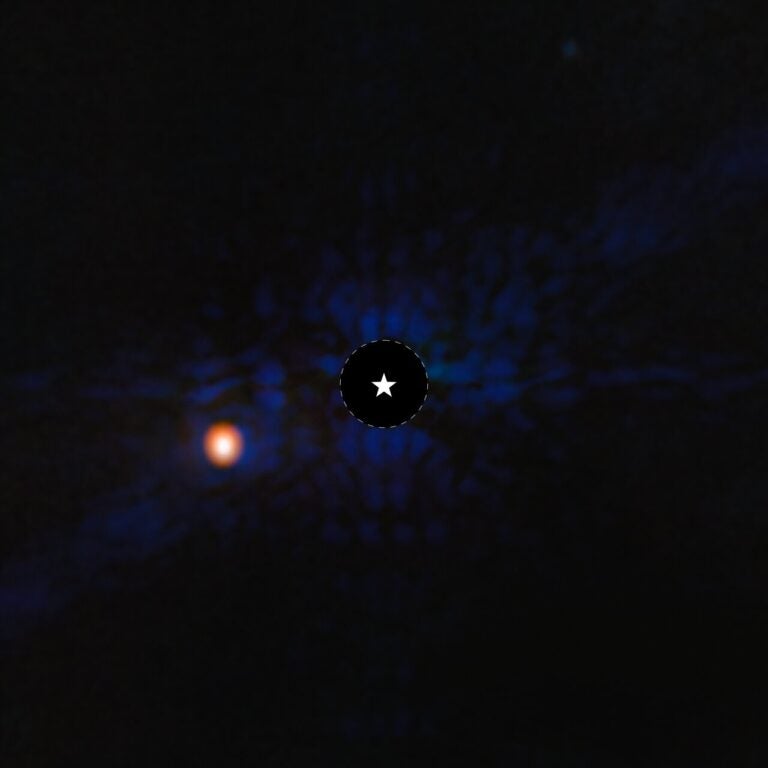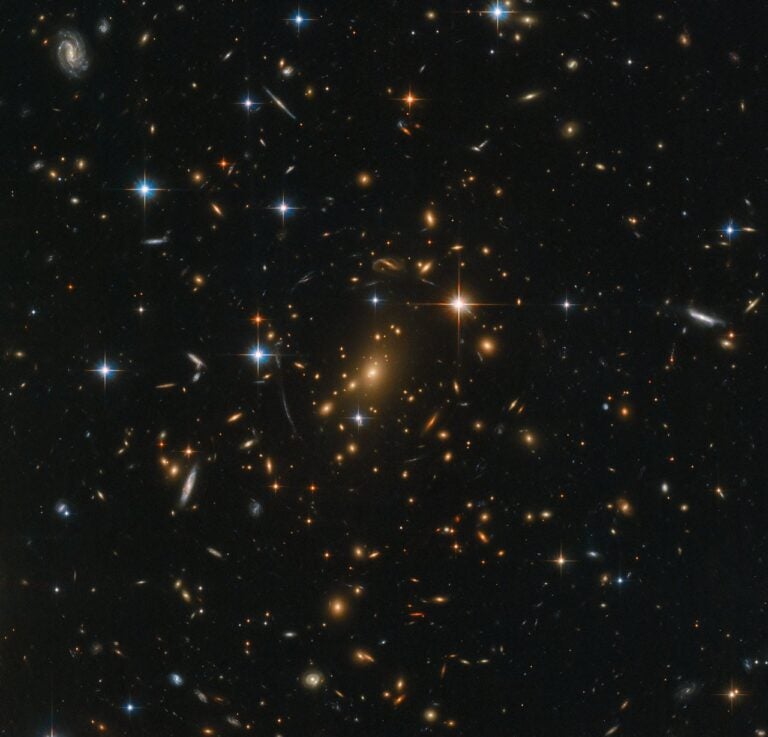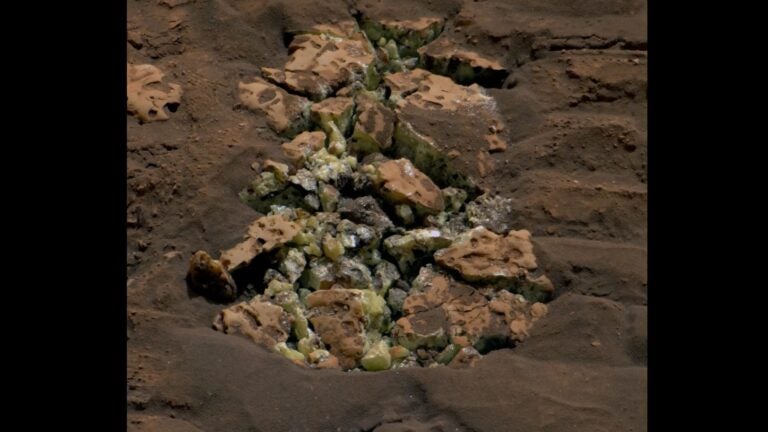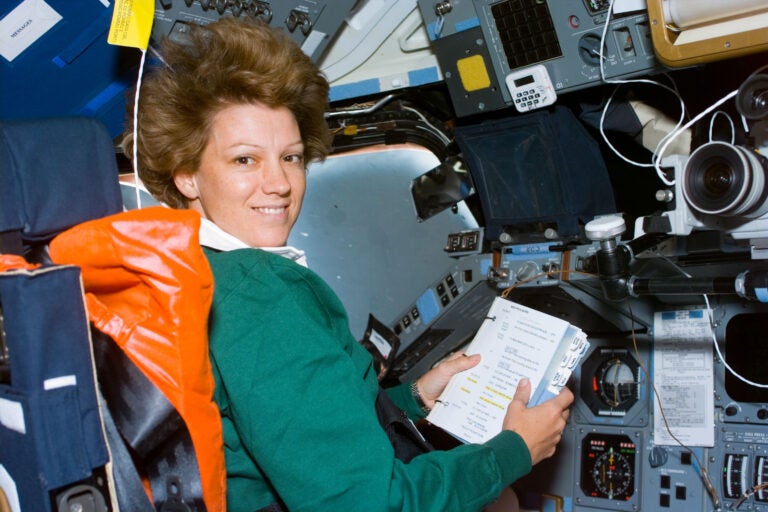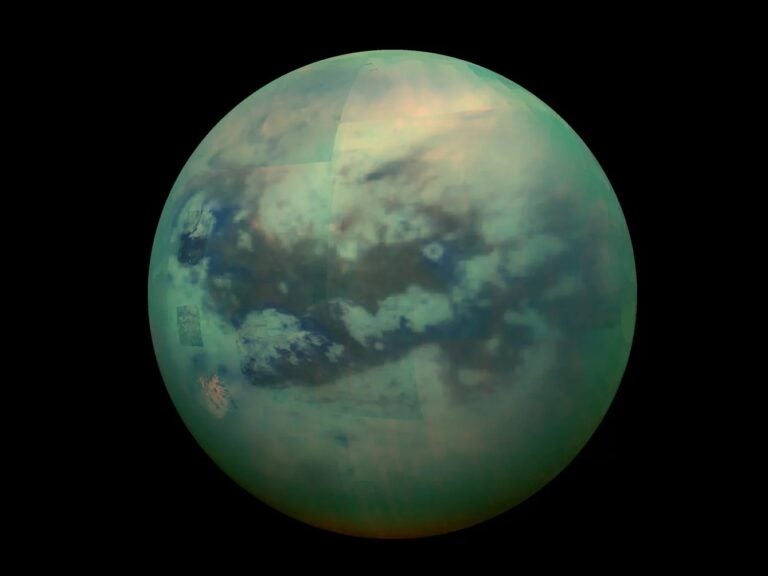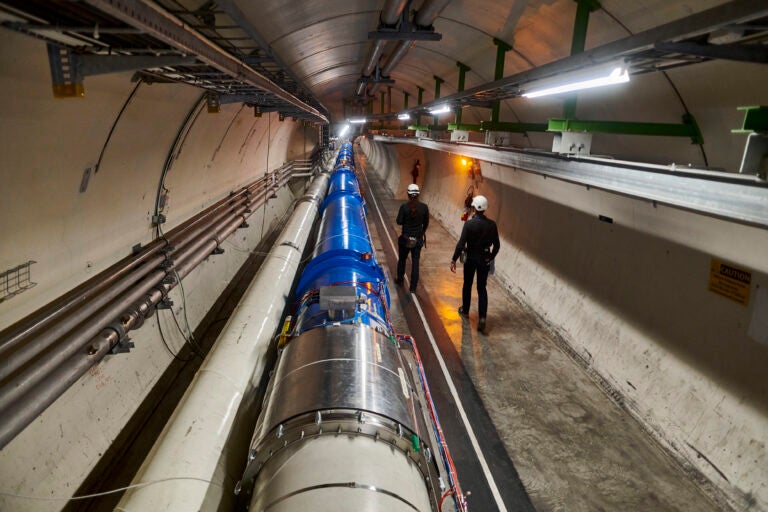NASA is inviting eligible education institutions, museums, and other organizations to examine and request space program artifacts online. The items represent significant human space flight technologies, processes, and accomplishments from NASA’s past and present space exploration programs.
NASA partnered with the General Services Administration (GSA) to provide a first-of-its-kind, Web-based, electronic artifacts prescreening capability last year. On October 1, 2009, the GSA launched a Web initiative for screening and requesting NASA’s space shuttle artifacts. The first round ended November 30, and all 913 artifacts were allocated.
A second Web-based screening opportunity began January 19. It includes approximately 2,500 potential artifacts from NASA programs that include the space shuttle, Hubble Space Telescope, Apollo, Mercury, and Gemini. It is available at gsaxcess.gov/NASAWel.htm. Each artifact will be screened for 90 days. After the screening period closes, and at the completion of the allocation process, requestors will be notified about the status of their request.
Museums and schools will be screened for eligibility through an online registration process or through their state agency for surplus property. Eligible recipients may view the available artifacts and request specific items at the Web site. Prescreening allows potential recipients to identify specific items and provides the time to plan to transport, preserve, and properly display artifacts.
Requesting an artifact through the prescreening process does not guarantee the item will be available. Nor does it provide a specific time when it will become available. Allocated artifacts will be incrementally released as they are no longer needed by NASA and in accordance with export control laws and regulations.
Although the artifacts are provided without charge, eligible recipients must cover shipping and any special handling costs. Shipping fees on smaller items will be relatively inexpensive, while larger items may involve extensive disassembly, preparation, shipping, and reassembly costs. NASA will work closely with potential recipients on a case-by-case basis to address any unique special handling costs.

